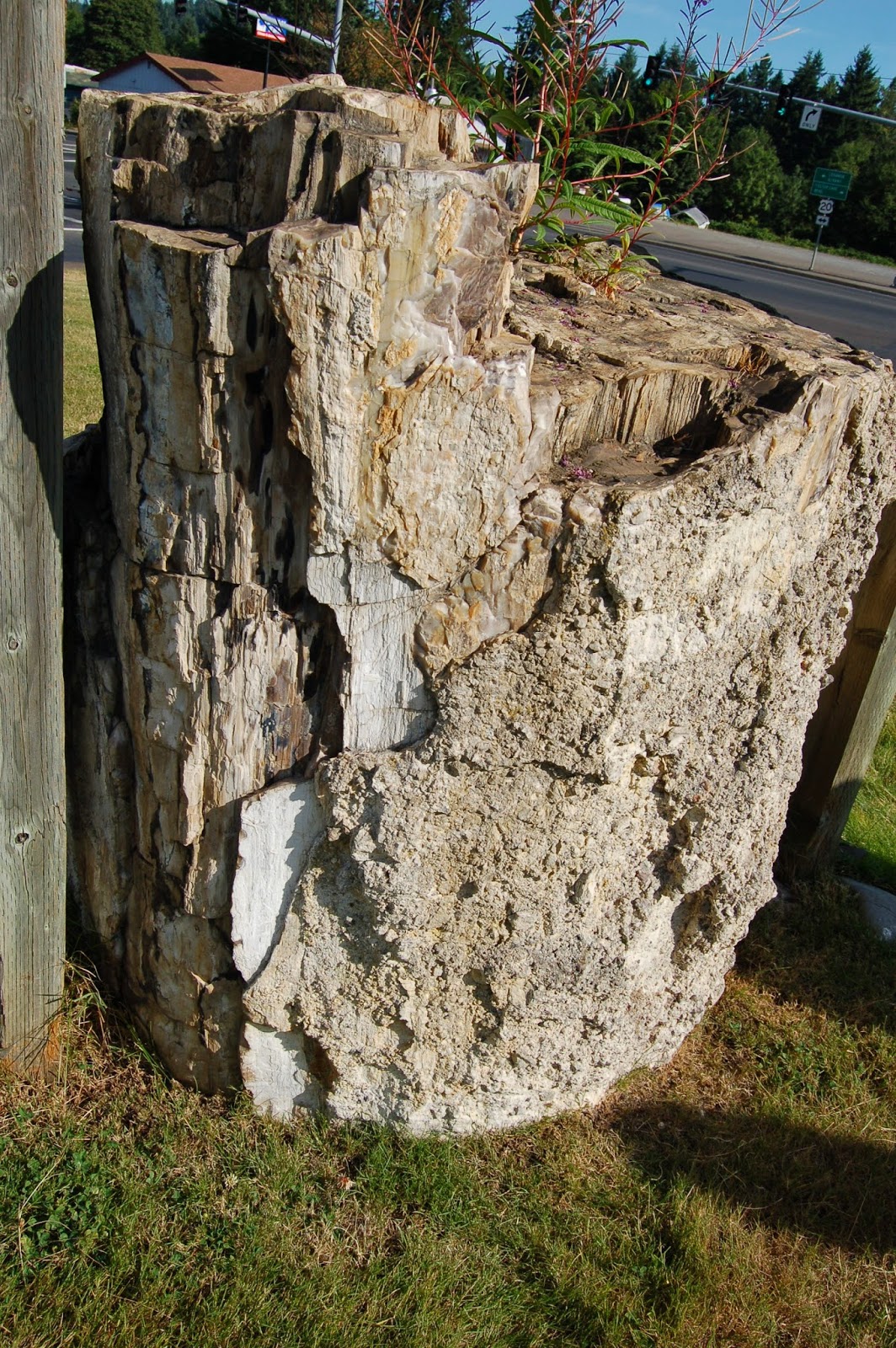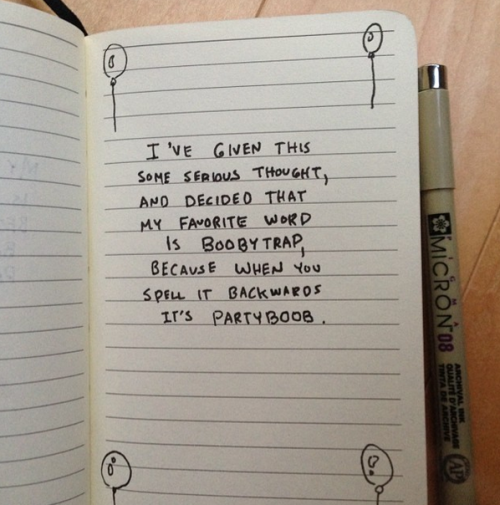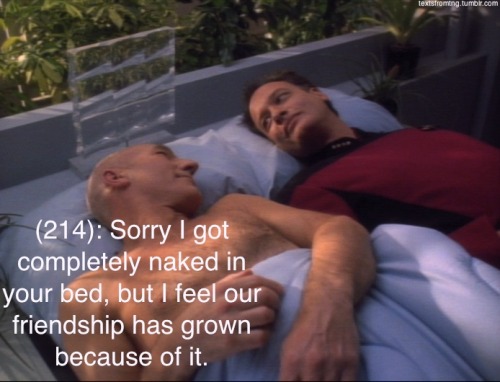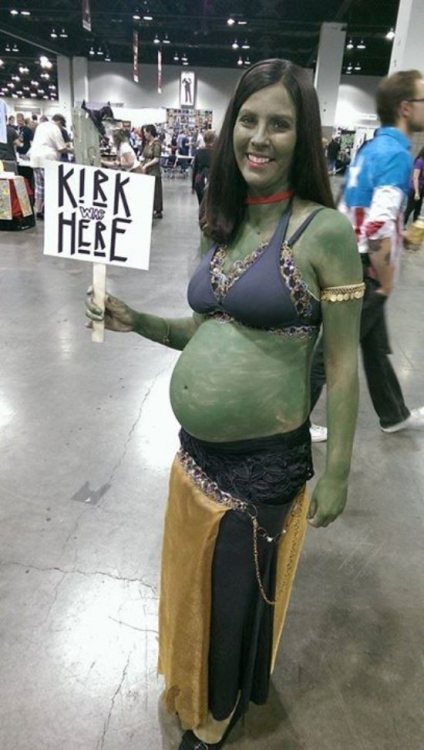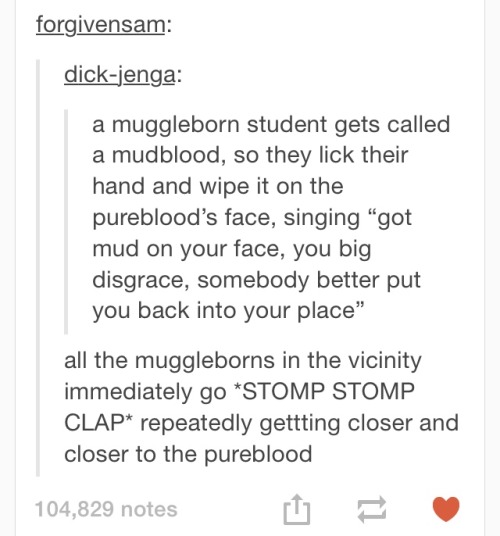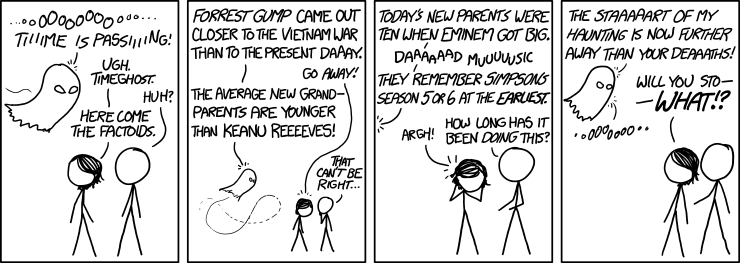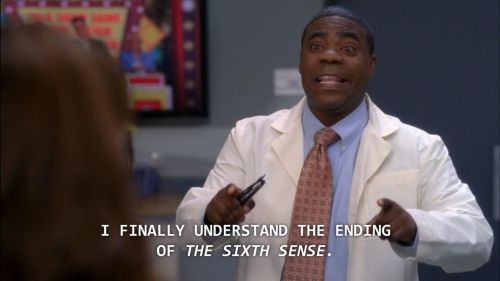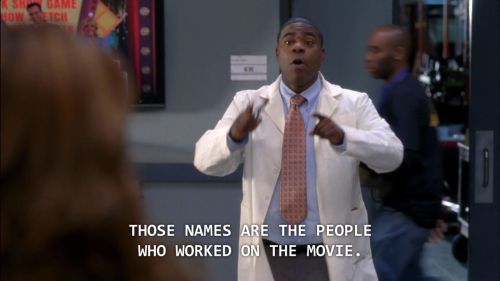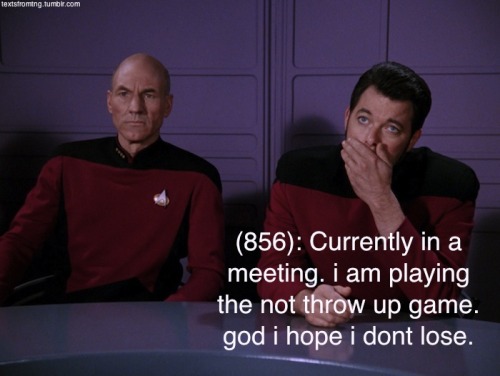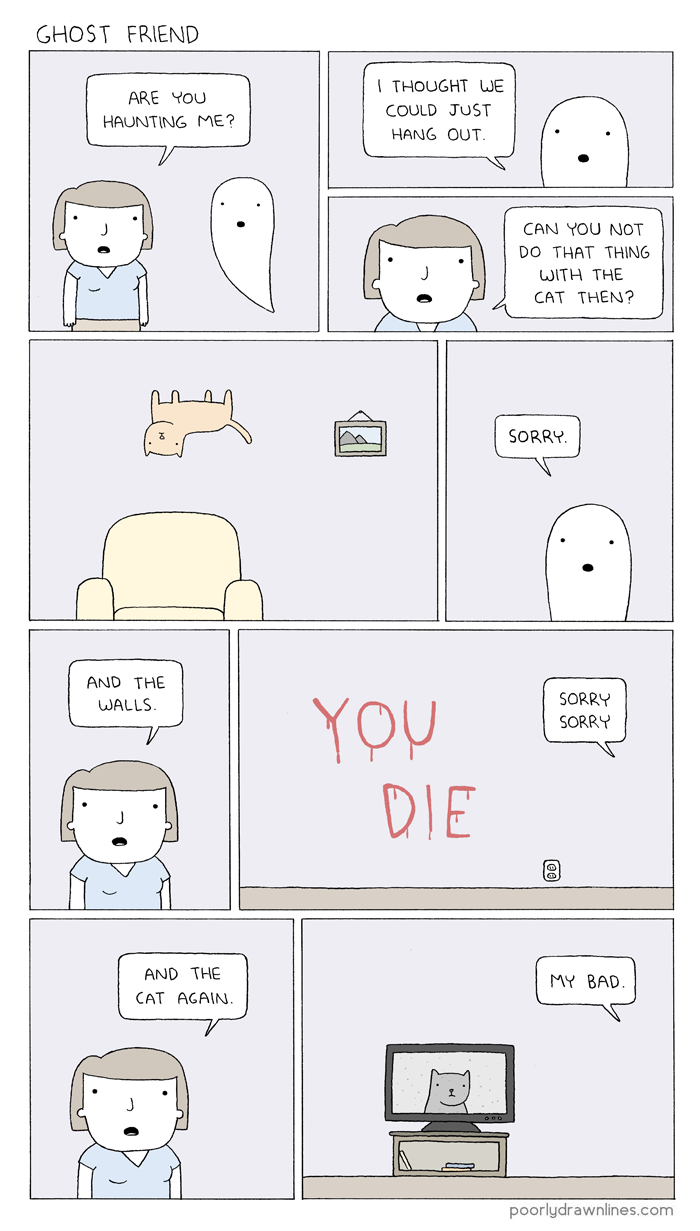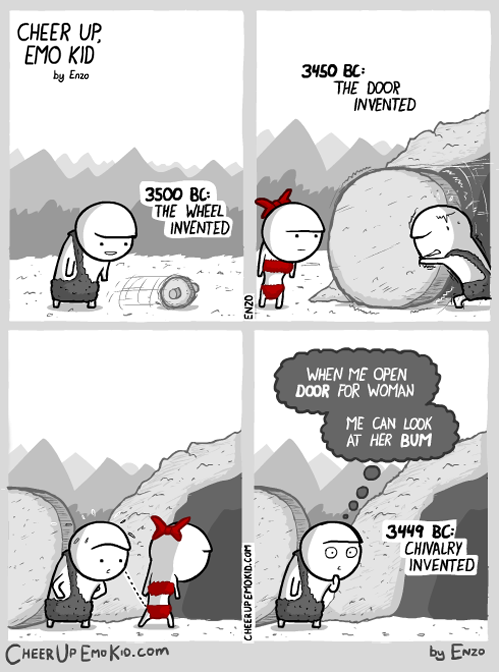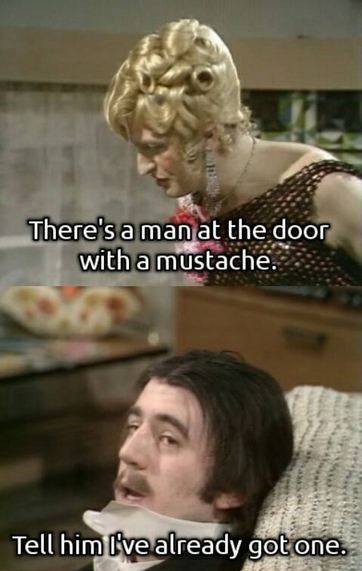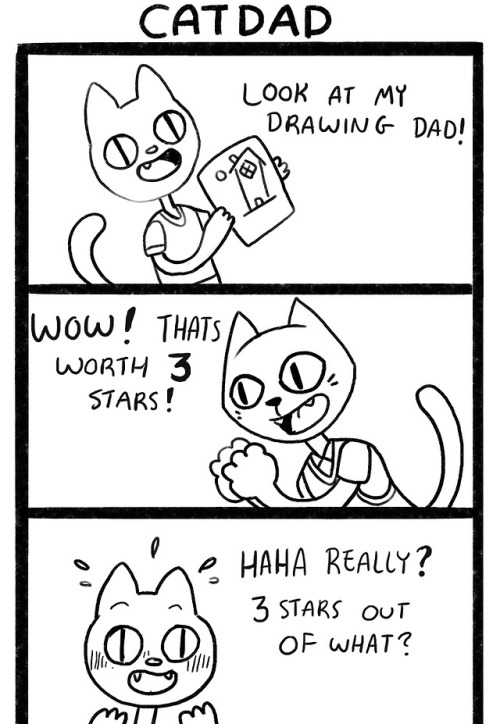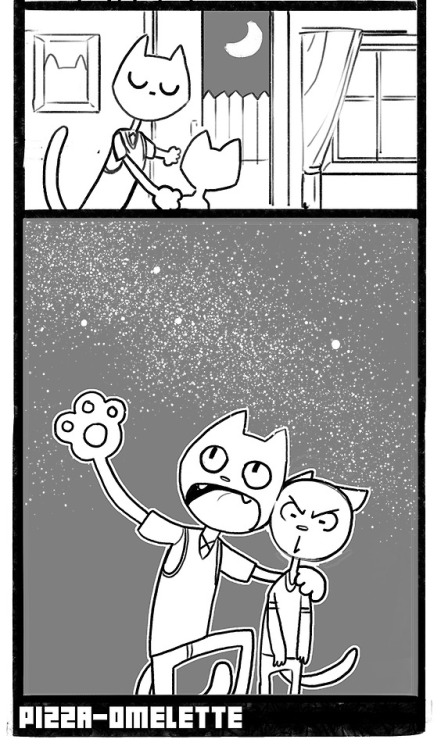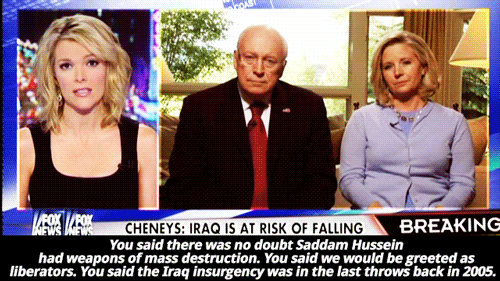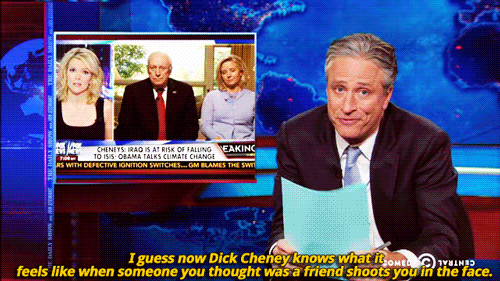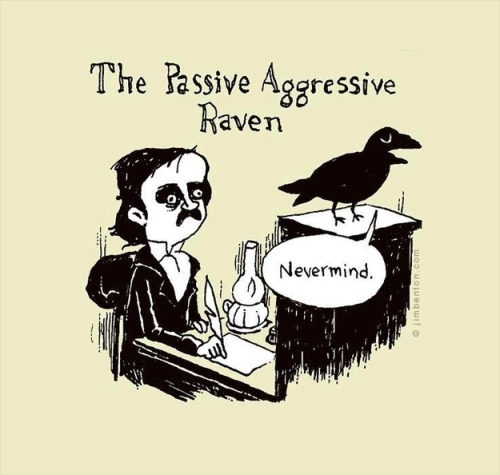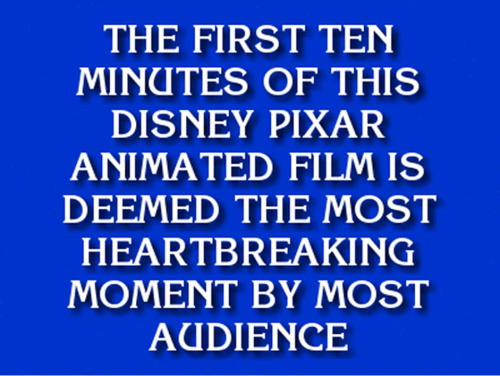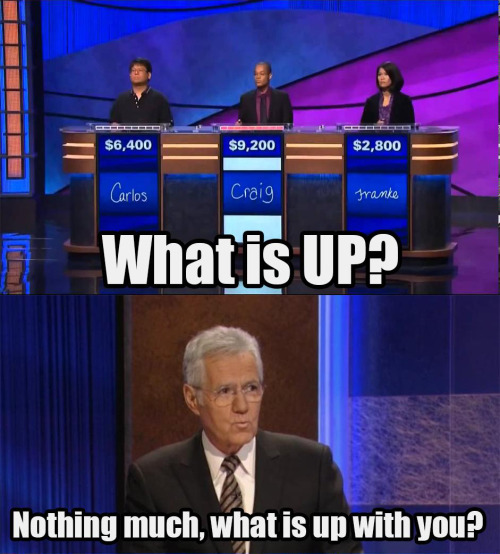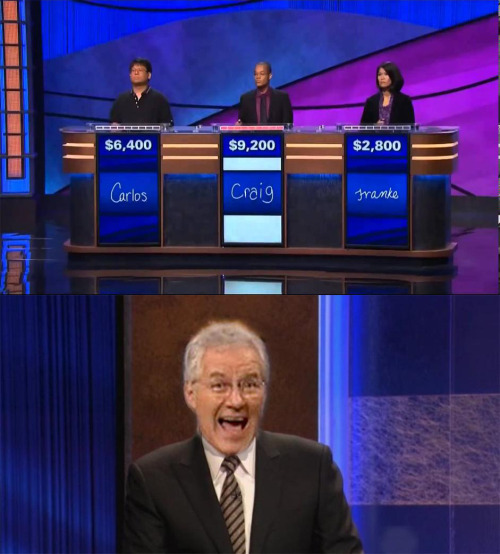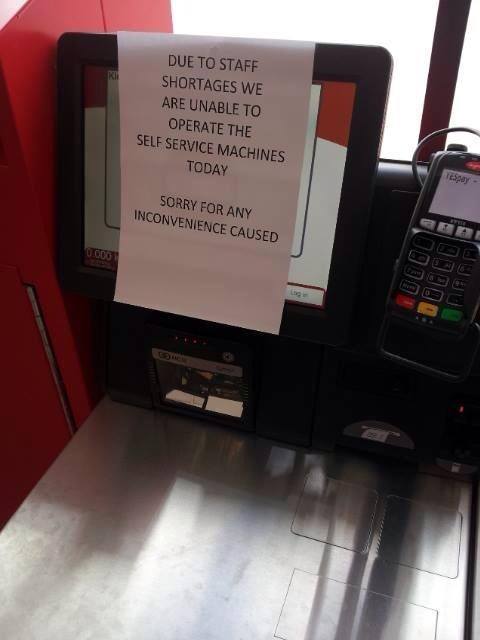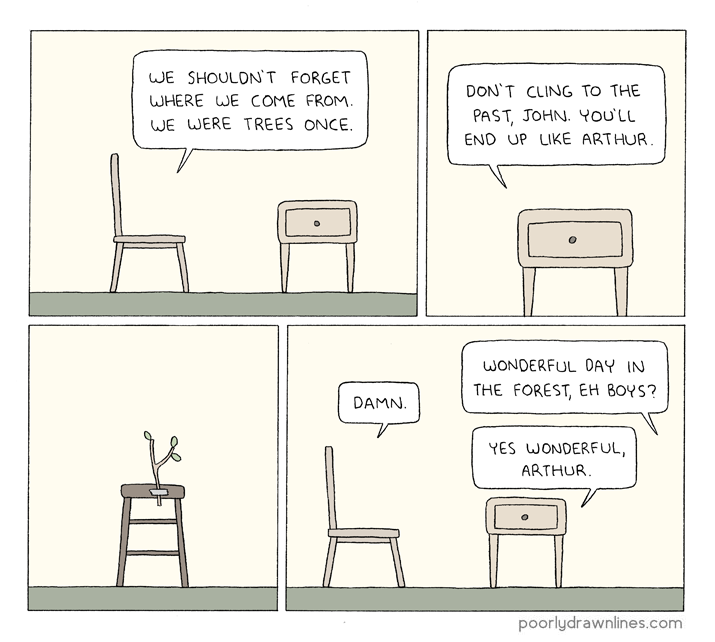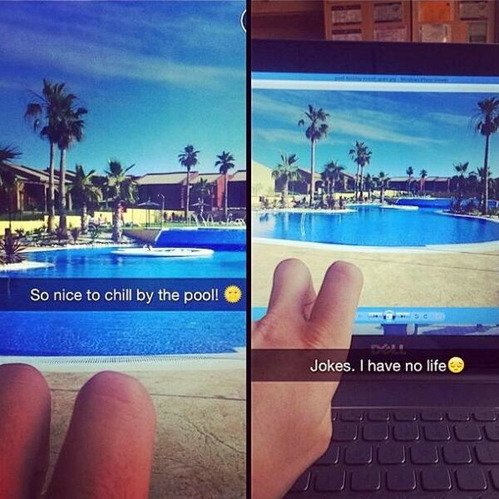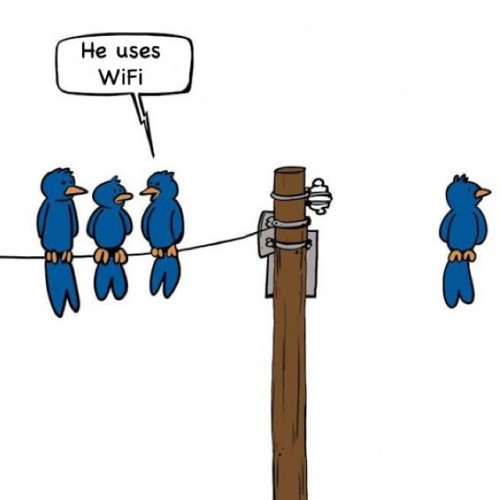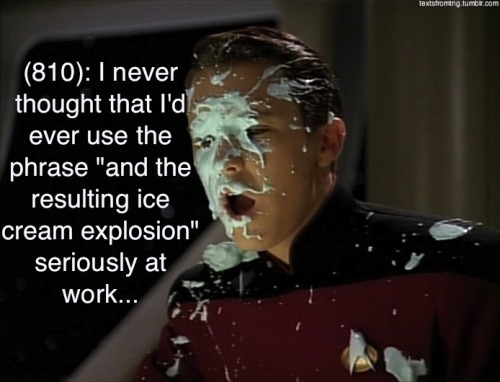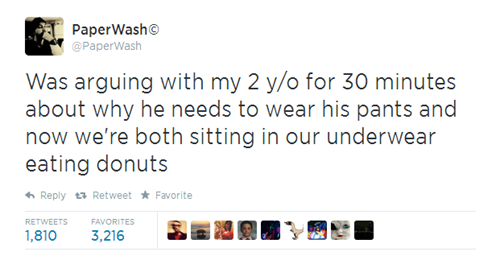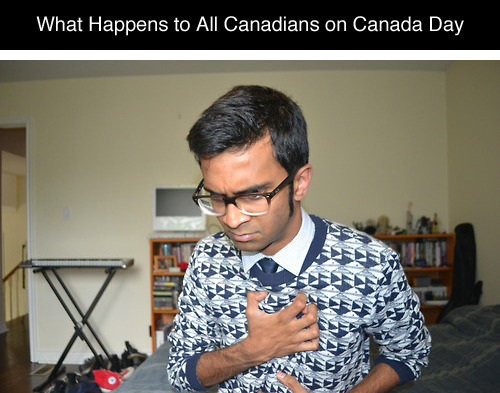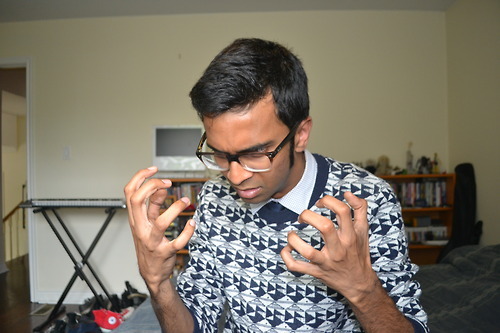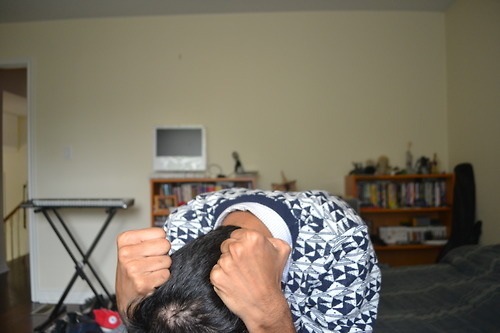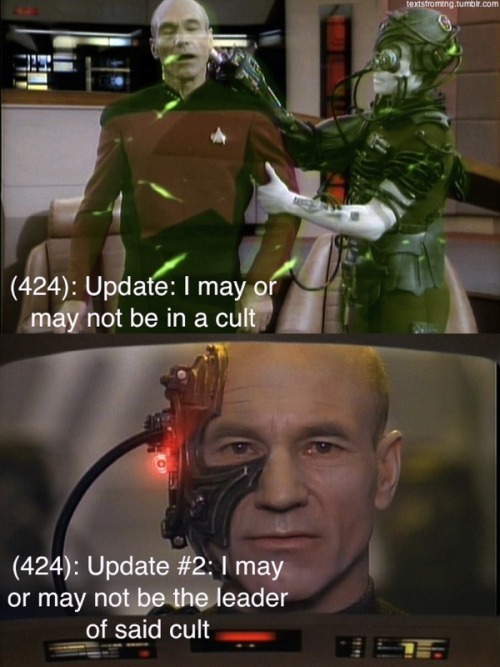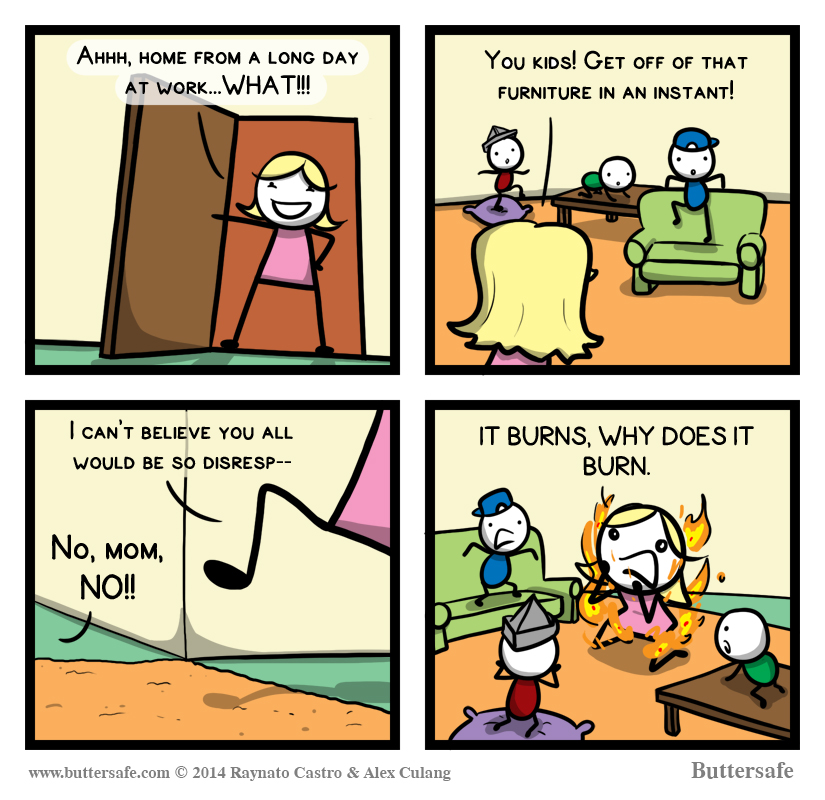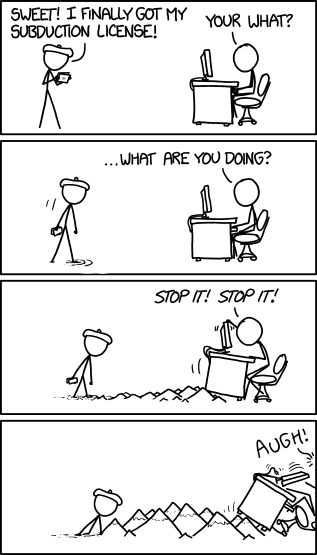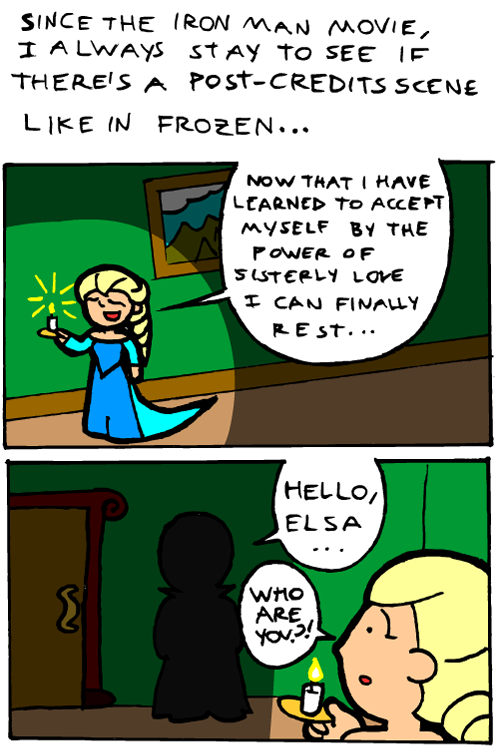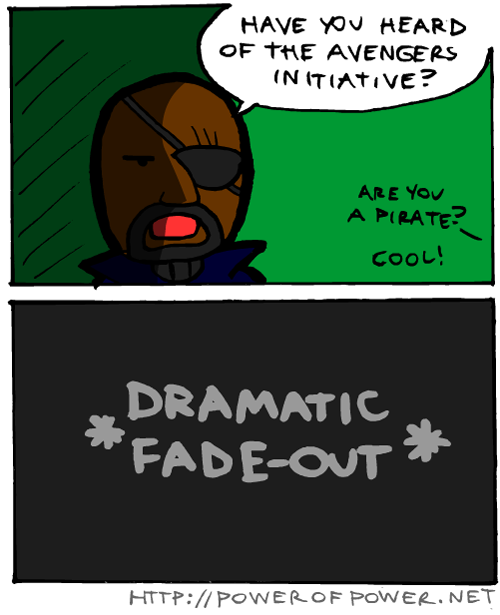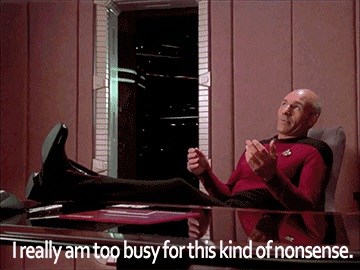Prior to chalking in the sundial in yesterday's photo, Tim and his son removed the cheatgrass that normally dominates the base of the pole, brought in some good soil, and planted a number of lavender starts. Then they tiled the bare areas with some river gravel. It's a refreshing change from the nasty invasive. A passing butterfly appears to agree.
While the angle of the shadow with respect to 16th and Monroe is not evident in this photo, I'll first admit, I threw out a bit of a deceptive comment yesterday when I described 16th as running "roughly north-south." The original street grid in Corvallis was laid out parallel to the riverfront, and runs about 20 degrees east of north. At Kings Avenue, a block west of my current location, the street grid snaps to N/S-E/W, or truly compass oriented (See the FlashEarth location). Second, due to modern horological conventions, we're currently on daylight savings time, which means the clock gets to noon about an hour earlier than the sun reaches "true noon," at its greatest height in the sky and directly to the south. Put those two factors together, and you can see why the two o'clock mark is the one that's almost parallel to 16th street, not the 12 o'clock mark.
Understanding these sorts of seemingly unrelated tidbits to make sense of the world around us is all part and parcel of "thinking like a geologist." I commented, "we're looking at an intersection of geology, geography, horology, and human history." When solving geological puzzles, one needs to be able to draw from a great many disciplines, even if the puzzle is as trivial as, "Why isn't the shadow falling where we'd expect it to?"
Photo unmodified. July 18, 2014. FlashEarth location.
Is This Your Hat?
11 years ago



